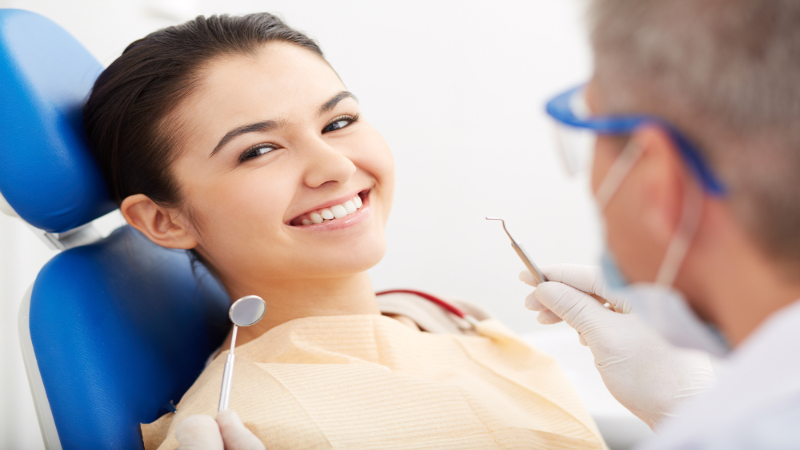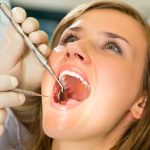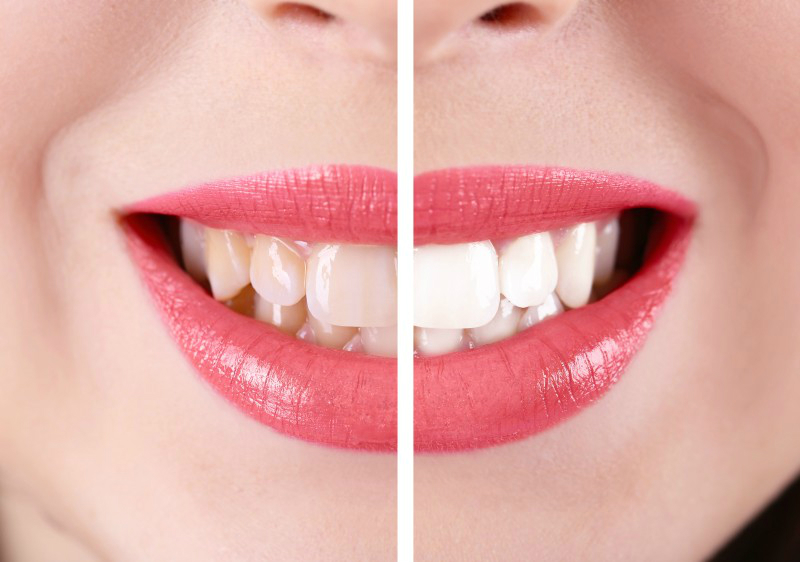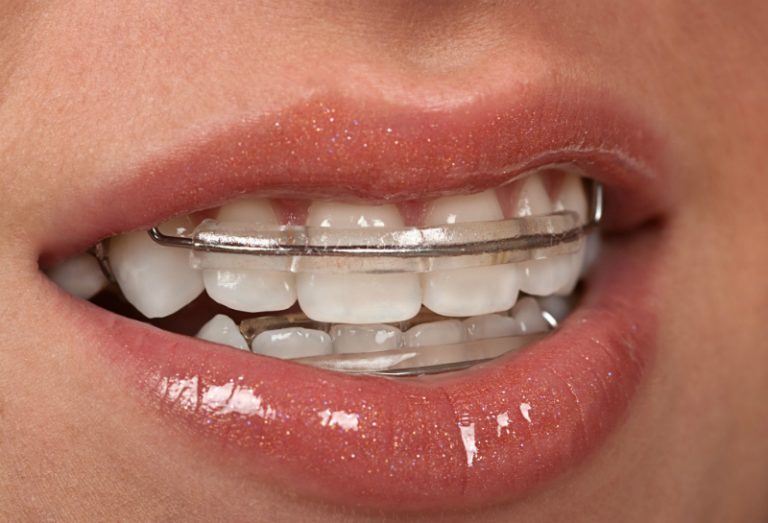Temporomandibular joint or TMJ syndrome will likely cause jaw pain, dizziness and headaches. There are times when the symptoms of TMJ disorders go away without treatment. It is more likely that the person suffering will require some outside help. For proper TMJ Treatment, we look to a dentist since he has expertise in evaluating the jaw and bite relationships. The dentist will have the skills and experience with any necessary treatment procedures. He is familiar with these symptoms and the use of intra oral appliances.
He will be sure to give a thorough examination of the joints and occlusion before he decides on a specific treatment. It is the pain and symptoms associated with it that will prompt a person to seek out a dentist for treatment. They find themselves suffering jaw pain and bite problems. Arthritis is also considered a cause of these symptoms.
Your own TMJ Treatment will be determined after consulting with a dental professional, a trained neuromuscular dentist. You must be sure that the one you choose is highly experienced in temporomandibular joint problems. If he were to notice a structural problem within the joint, this dentist could suggest surgery to repair or replace the joint. If this is the case, you will want to have someone who has chosen these treatments as their specialty.
Most of the time, the dentist will first suggest you try some over the counter pain medications to help relieve pain caused by TMJ disorders.. If this does not help, they may try exercises to stretch and strengthen the jaw muscles. Sometimes, they use a soft or firm device inserted over the teeth. If your worst time is when you sleep and you have to deal with teeth clenching, he may prescribe a sedative such as clonazepam. Amitriptyline is also used for pain relief. Some patients get their relief using muscle relaxants. The dentist is working with the joints responsible for your smooth jaw motion. If you are suddenly noticing jaw bone pain, headaches, earache or a recent clicking in the jaw area when you speak or chew, consider this a sign to go in for a check up.







